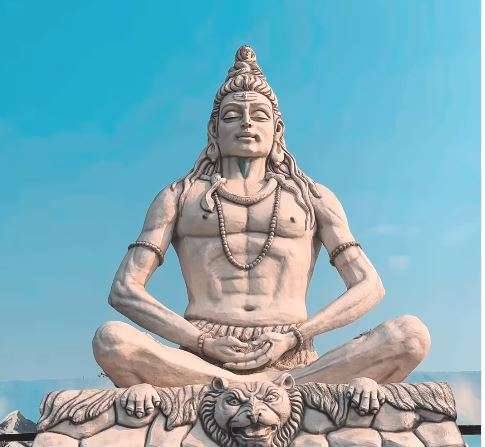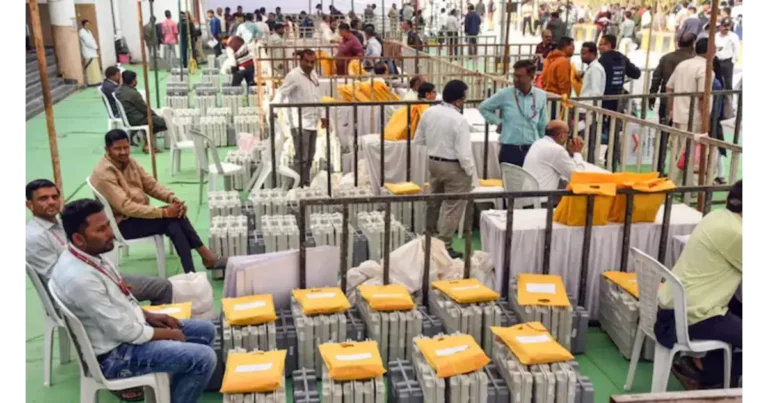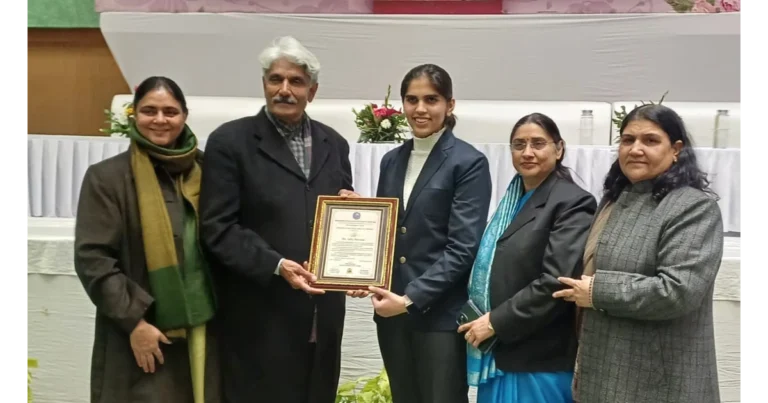
Panchkula (Haryana) A grand Bhandara (community feast) and Jagran (night vigil) will be organized by the Samuh Sewadar and Bhole Baba’s devotees at Saketdari Shiv Mandir on February 25 and 26, 2025, to commemorate the sacred occasion of Maha Shivratri.
According to the organizers, a continuous Bhandara will be served to devotees throughout the event. The Sewadars revealed that lakhs of Shiva devotees visit the Saketdari temple to offer jal (water) to Bhole Baba and participate in the festivities. After offering prayers and receiving prasad (offerings) at the temple, devotees proceed to the rear gate, where they partake in the Bhandara organized by the temple’s Sewadars.
The schedule for the Bhandara and Aarti is as follows:
– February 25, 2025: 7:00 PM onwards
– February 26, 2025: Continues until Bhole Baba’s blessings are bestowed
Devotees are cordially invited to participate in the celebrations and partake in the Bhandara.

Why we Celebrate Maha Shivratri?
Maha Shivratri, which translates to “The Great Night of Shiva,” is a significant Hindu festival celebrated annually in honor of Lord Shiva, one of the principal deities in Hinduism. Here are some reasons why Maha Shivratri is celebrated:
1. Marriage of Shiva and Parvati: According to Hindu mythology, Maha Shivratri commemorates the marriage of Lord Shiva and Goddess Parvati. This union is considered a symbol of the cosmic union of the masculine and feminine principles.
2. Night of Cosmic Dance: Maha Shivratri is also believed to be the night when Lord Shiva performs his cosmic dance, known as the Tandava. This dance is said to symbolize the cycle of creation, preservation, and destruction.
3. Shiva’s Auspicious Day: According to Hindu tradition, Maha Shivratri is considered an auspicious day for spiritual growth, self-reflection, and connecting with the divine. Devotees believe that worshiping Lord Shiva on this day brings blessings, prosperity, and liberation.
4. Symbolism of Darkness and Light: Maha Shivratri is celebrated on the 14th night of the new moon (Amavasya) in the Hindu month of Phalguna. The darkness of the night represents the ignorance and limitations of human existence, while the worship of Lord Shiva symbolizes the pursuit of knowledge, wisdom, and enlightenment.
5. Spiritual Significance: Maha Shivratri is considered a sacred day for spiritual practices, such as meditation, yoga, and fasting. Devotees believe that these practices help to purify the mind, body, and soul, and bring them closer to the divine.
Overall, Maha Shivratri is a celebration of the divine, the cosmos, and the human quest for spiritual growth and self-realization.






